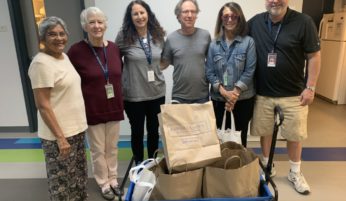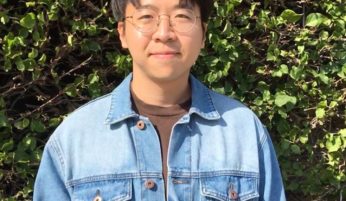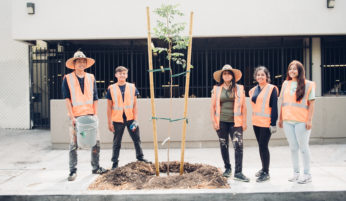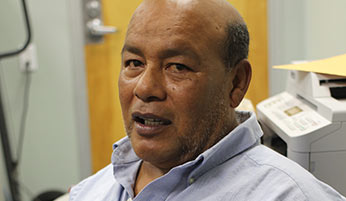
Henry
In the spring of 2013, a young boy named Henry* went to school and reported that his father had brutally beaten his mother. In a case where a young boy could have easily gotten lost in the system, he instead came under the wing of KYCC’s Clinical Services unit. Because of our culturally competent, multi-layered programs, Henry and his family were able to get intensive mental health services, comprehensive family support and personalized case management.
In March 2013, Henry Park went to school and told his teacher he had witnessed a terrible crime at home. His father had bound his mother’s hands and savagely attacked her, leaving her with permanent facial and brain injuries.
The school called the police, and the police went to the house, took the mother to the hospital and filed criminal charges against the father. Henry was sent to San Bernardino County where he lived with a foster family.
Because KYCC was a cultural and language match, Henry was connected to our Clinical Services unit and introduced to Yun Pak. Yun, a Clinical Supervisor at KYCC, enrolled Henry into one of our programs: Full Service Partnership, which is funded by the Department of Mental Health, through the Asian Pacific Islander Child Collaborative. FSP is the “Gold Standard” of Clinical Services; it offers the highest level of case management for children experiencing significant emotional, psychological or behavioral problems —essentially, around-the-clock, 24-7 availability.
“I drove one hundred miles two to three times a week to see him,” Yun recalls. The commute was hours-long and the case was heartbreaking. At that time, Henry presented intense fear, helplessness and recurrent distressing recollections of the intense violent assault he had witnessed.
After a lifetime of isolation, Henry lacked even the most basic of self-care skills. Yun taught him how to brush his teeth and use a washcloth. With flex funds from FSP, Yun was able to take him to do things he enjoyed. He took yoga classes. They would visit the Apple Store. He was able to attend a low-cost summer program. At Henry’s request, Yun would take him to the one Korean restaurant they could find and in that safe surrounding, by her side, she encouraged him to make eye contact with the servers. As part of his rehab, he eventually learned to ask for water and order his own food.
Clinical Services Manager Nayon Kang underscores the importance of funding intensive programs like FSP—how these funds enable the unit to provide culturally sensitive support in extreme conditions. “I want to emphasize how critical these essential services are for our clients,” Nayon says. “Some of our families have nowhere else to turn.”
Three months after Yun started working with Henry, a family member assumed guardianship of the boy, as his mother was in ongoing inpatient treatment. After Henry had been living in his new home for over a year, the guardian wrote to KYCC about the boy’s adjustment. He was traveling to destinations alone by train and bus, running five kilometers a day and practicing his kumdo (Japanese fencing), swimming and basketball.
“A good house and delicious food is important, but KYCC’s way of listening to him and teaching him how to overcome mental hardships was extremely important,” the guardian wrote. “I can see how much of a help you have been to Henry. The whole situation could have played out much worse, but I credit Henry’s current state to KYCC.”
Henry says when he grows up he wants to be a person who helps people. He says that it is because of the people at KYCC who helped him during the most difficult times in his life. He wants to help people prevail over seemingly insurmountable odds and live a better life.
*KYCC’s Clinical Services unit protects the identity of our clients in order to respect their privacy.





